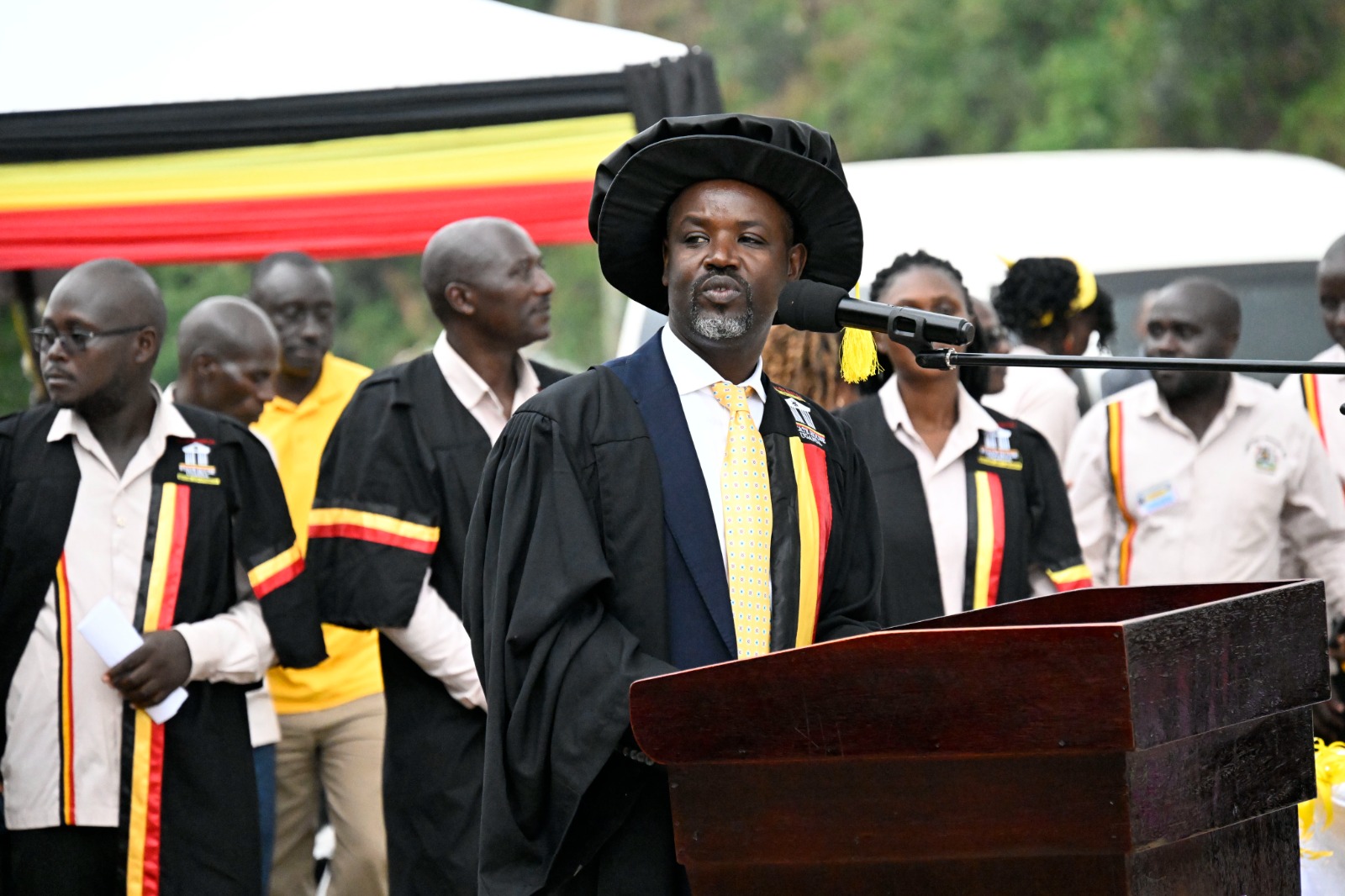The "sir" word and the urgent need for reform in security
Anne Abaho
Keep Reading
On 31st March 2022, the Senior Command and Staff College, Bwebajja passed out 39 police officers with qualifications in Institutional leadership and Management; Peace and Conflict Studies and Security and Strategic Studies.
I had the opportunity to attend the function in which only 2 females were passed out. As the Deputy Commandant read the names of the participants, they responded, "Sir" as they walked to pick their certificates.
But SSP Barbara Alungat is not a man – she is female with clear biological features of womanhood.
So why call her sir?
The deliberate and sustained use of gender-blind terms such as sir in security practice is a demonstration of the traditional approach to security in which strength, bravery and courage are attributed to males while care, emotions and softness are associated with females.
The creation of the man as the protector and the woman as the protected strategically cuts women out of state-focused; top-down security arrangement in which men, offering to die on behalf of their States are seen as patriotic.
Such thinking has deep roots in societal division of labor along gender lines as men are trained to protect, provide and ensure the survival of their families, communities and nations.
Meantime, women are socially trained to be in the private – the home in which they undertake chores like cooking, nursing the sick and nurturing the children.
Because security is not a private affair, it is understandable why the public associates security provision to males.
But such security conceptions fall short of the contemporary changes in both security theory and practice. Indeed, across the world, feminists such as Ann Tickner, Sjoberg, Carole Pateman and Cynthia Enloe have called for a shift from power, militarism and masculinity in theorizing security.
Their demands, combined with the increased participation of women in national security provision, peace-keeping and international calls such as the United Nation’s Security Council’s Resolution 1373 on Women, Peace and Security confirm the need to gender security.
Gendering security is part of the wider security sector reform approach to security governance. Reforming security sector and being sensitive to gender allows the security providers to meet efficiently and effectively the security needs of the people.
This in turn permits the creation of a stable and accountable security apparatus that is key for national development.
Without doubt, as the criminals change patterns, so must the security providers. Unfortunate as it may be, women, who were earlier considered vulnerable are today part of the criminal rackets.
According to the UPF’s Annual Crime Report of 2021 for instance, women caused more death to men in domestic related cases.
Such is a clear indication that women are not as peace-loving as portrayed. This change in the face of crime requires persons that are well prepared and trained to avoid gender insensitivity in case management and criminal investigations.
Lastly, gender sensitivity in security provision opens room for equal representation in security offices and committees; recognition of the special rights and needs for men and women and inclusivity in everyday security operations and trainings.
Security institutions must without doubt debunk themselves from treating security through a lens of men’s lived experiences while ignoring a large body of human experience.
The author is a lecturer of Security Studies and International Relations at Nkumba University



















